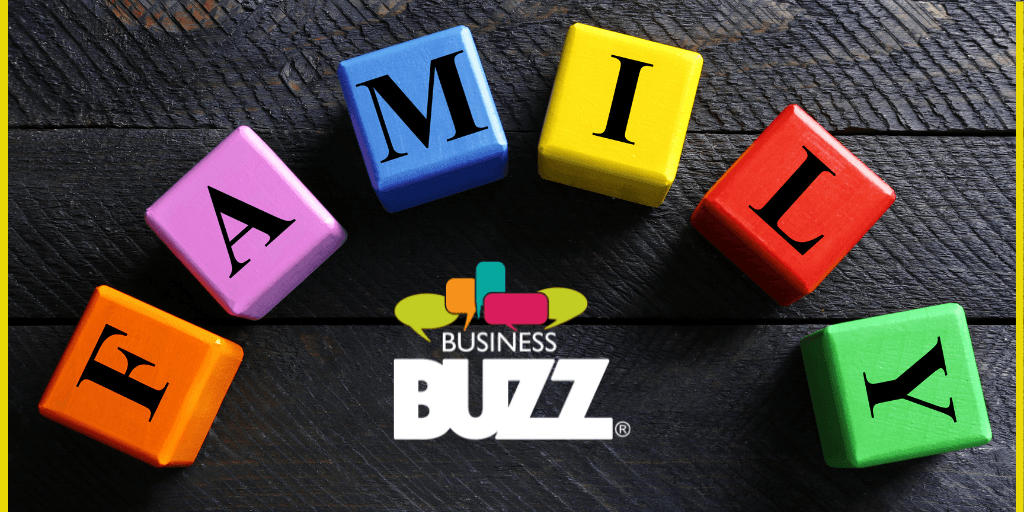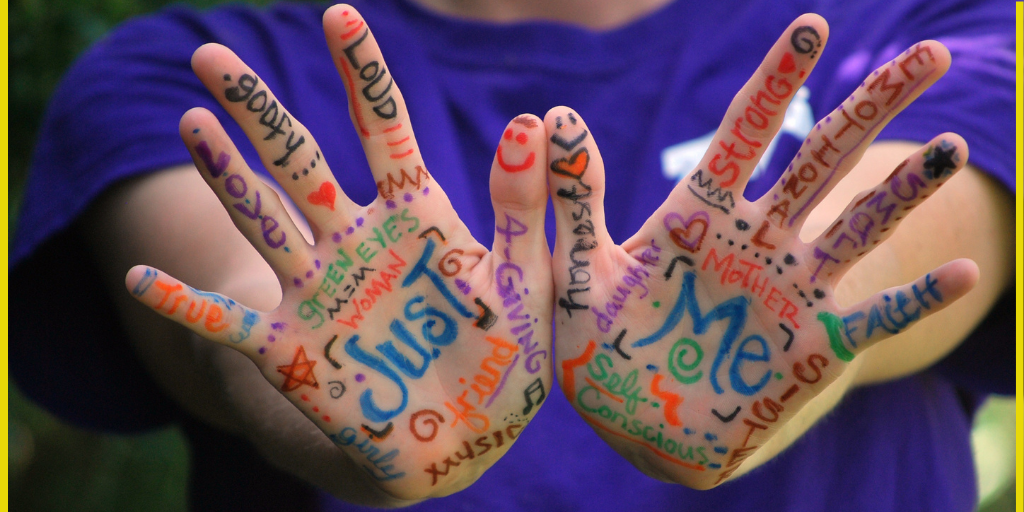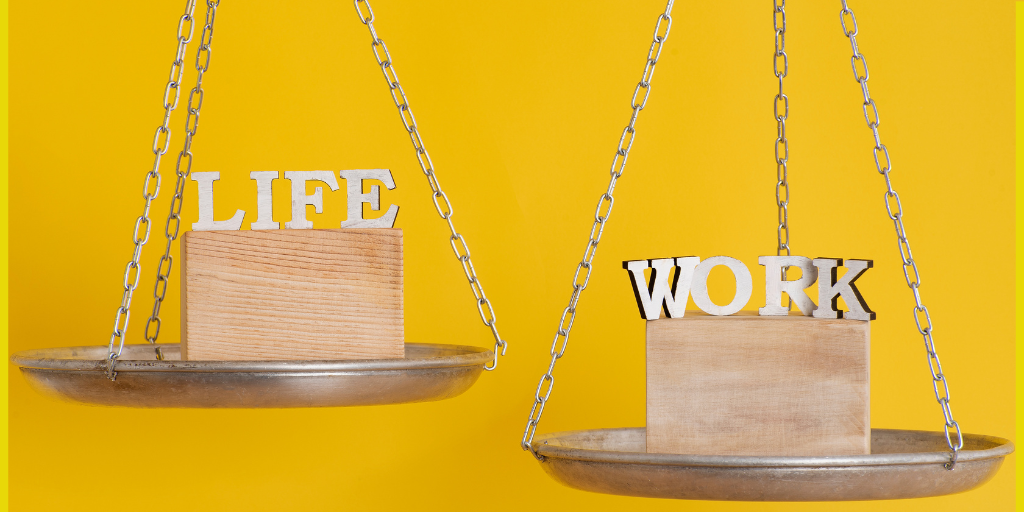Why Your Personal Life Matters As Much As Work Does,

In today’s fast-paced, small business world, the boundary between work & personal life can become blurred. Emails buzz late into the evening, deadlines creep into weekends, & before you know it, your personal life is running on autopilot. While ambition & hard work are commendable, maintaining a healthy work-life balance is not just a lifestyle choice. it’s a necessity for long-term success, productivity, & mental well-being.
The Myth of “Always On”
There’s a persistent myth in many professional environments that being “always on” is the path to achievement. Yet, the reality is that constant overworking can lead to burnout, poor mental health, & even a decline in work performance. According to a report from the World Health Organization, long working hours (55+ hours per week) are associated with a 35% higher risk of stroke & a 17% higher risk of heart disease. Hard work in itself isn’t a bad thing. In fact, together with measured productivity it can have a positive impact for your work balance by creating a sense of achievement. The benefits of a busy work environment should not be under estimated, but at any cost.
A study by the Mental Health Foundation also found that one in three people feel unhappy or very unhappy about the time they devote to work, with this imbalance contributing to stress, anxiety, & relationship problems.
Work-Life Balance Isn’t Just About Time. It’s About Energy
Many assume that achieving work-life balance simply means clocking off at 5 PM. But balance is more nuanced than that. It’s about protecting your emotional, physical, & mental energy. If work demands all of your focus, attention, & emotional bandwidth, there’s often little left for friends, family, hobbies, or even rest.

On the other hand, when individuals feel satisfied in both their professional & personal spheres, their productivity increases by as much as 21%, according to a Gallup study. Employees who experience a healthy work-life balance are also more loyal, creative, & engaged in their roles.
Planning Is the Foundation of Balance
So, how do you create that balance? It starts with planning both for work & for life. Most people plan for deadlines, meetings, & business trips, but rarely do they plan for rest, relationships, or joy. Yet, the same intentionality that fuels professional success can dramatically improve personal satisfaction when applied thoughtfully.
Start by scheduling personal activities just like business meetings. Put date nights, family time, workouts, or hobby hours on your calendar, & protect them. They should form a fixed pint in your diary & become immovable. Personal events aren’t luxuries, they’re your fuel. Planning ahead for birthdays, holidays, or simply quiet time at home ensures that personal priorities are honoured rather than squeezed in when convenient. Where possible create a rhythm like making your monthly date night happen on the same day each month such as the 2nd Tuesday & then added a repeat diary event in your calendar.
The Signs of an Unbalanced Life
When work consistently takes priority over everything else, warning signs begin to show. Some are obvious, others are more subtle:
- Increased irritability or impatience
- Strained relationships
- Reduced concentration or creativity
- Sleep disturbances
- Persistent fatigue
- Feeling emotionally numb, tearful or disconnected
- Heightened anxiety or always feeling ‘on edge’

Left unchecked, these symptoms can evolve into serious mental health challenges. According to the Health & Safety Executive (UK), 914,000 workers suffered from work-related stress, depression or anxiety in 2021/22, leading to 17 million lost working days. Are you part of this statistic?
Tips for a More Balanced Life
If, you are what can you do to make a change for the better? Perhaps right now you are operating on an even keel, but you never know when you’ll get blown off course & struggle to get back on the right place. So here are some practical steps for fostering better balance:
Set clear boundaries. Establish a defined end to your workday. Avoid checking work emails or taking business calls after hours unless absolutely necessary.
Protect personal time. Don’t treat personal plans as optional. Whether it’s a walk with your dog or a dinner with friends, prioritise it like you would a client meeting.
Say no when necessary. Taking on every task or attending every meeting doesn’t prove commitment. It risks burnout. Learn to say ‘no’ with professionalism & grace. By saying ‘no’ today, it means you can say ‘yes’ with confidence in the future when the time or opportunity is right. It is also perfectly OK to say ‘no’ in your personal life. Remember, that you need to find a balance. Don’t succumb when another person uses emotional blackmail to try to get the upper hand. When people say things like ‘you don’t care’ or ‘everyone else is going or if you really loved me, you would…..’. These comments are liberal thrown around to guilty trip you to meet someone else expectation. You don’t have to justify your decision to anyone other than yourself.
Make time for self-care. Exercise, meditation, journaling, or simply resting aren’t indulgences. They’re essential to recharging your mental & physical batteries

Communicate with your support network. Don’t suffer in silence. Share your challenges with those you truly trust. You’ll often find both empathy & helpful perspective. Be careful to not only just talk about your difficulties.
Reassess regularly. Work-life balance isn’t a one-time achievement. Life changes, & your balance needs to be revisited. Check in with yourself monthly or quarterly to look at what’s working, what’s not?
Stop being a people pleaser. It’s very easy to get sucked into doing everything for everyone else. What is the benefit to you? Really, the only person you need to please is yourself. Help out when you can, but have limitations on how much you can realistically commit to.
A Balanced Life Is a Better Life
Ultimately, achieving work-life balance isn’t about doing less work. It’s about doing better work while living a fuller life. The benefits ripple across every area: stronger relationships, improved health, increased productivity, & a deeper sense of satisfaction.
In a world that often celebrates hustle, we must also learn to celebrate rest, self, connection, & play. Because when your personal life thrives, so does your work. A well-balanced life isn’t just more enjoyable, it’s more sustainable. In the long run, sustainability beats intensity every time hands down.
Your life should reflect not just your ambition, but your values. Plan ahead, create space, & allow both work & personal life to flourish side by side.
Five Simple Steps to a Better Work-Life Balance
If you’re feeling out of sync, here are five straightforward ways to start restoring balance today:
Schedule personal time like work meetings. Block out time for hobbies, family, & rest in your calendar. Treat these commitments with the same importance as professional ones. You a paper or electronic diary to keep track. Don’t just try to store this information in your head, as otherwise you’ll forget about what you have planned.
Set clear boundaries with technology. Turn off email notifications after hours, & avoid taking work calls during personal time. Use the Do Not Disturb function on your phone. Try creating digital-free zones such as at the dinner table or before bed.

Prioritise what really matters. Focus on high-impact work tasks & meaningful personal activities. Let go of the “busy for the sake of busy” mentality.
Learn to say no. Overcommitting leads to imbalance. Be honest about your capacity & only take on what aligns with your goals & values. Knowing you own limitations is not a weakness, it is areal positive as you can then track & plan to be organised efficient & know when you allocate some ‘me time’
This is paragraph text. Click it or hit the Manage Text button to change the font, colour, size, format and more. To set up site-wide paragraph and title styles, go to Site Theme.
This is paragraph text. Click it or hit the Manage Text button to change the font, colour, size, format and more. To set up site-wide paragraph and title styles, go to Site Theme.
By making small, intentional changes, you’ll build a routine that supports both your professional growth & your personal happiness. The goal isn’t perfection, it’s harmony. With the right balance, both your work & your life will feel more rewarding.
Health Risks of Long Working Hours
According to a joint study by the World Health Organization (WHO) & the ` Labour Organization (ILO), working 55 or more hours per week is associated with a 35% higher risk of stroke & a 17% higher risk of dying from ischemic heart disease, compared to working 35–40 hours a week.
When Life Takes Over Work
Much of the conversation around work-life balance focuses on how work encroaches on personal time—but the opposite can also be true. Sometimes, personal obligations, distractions, or emotional burdens take over & begin to affect our focus, discipline, & performance at work.
This kind of imbalance can be harder to identify because it’s often tied to good intentions: caring for loved ones, managing a household, supporting friends, volunteering, or handling unexpected life events. These are valid & meaningful responsibilities. But when they consistently consume energy that’s needed for professional obligations, problems arise.
The Impact of Personal Overload
Just like overworking can lead to burnout, constantly putting life commitments ahead of work can result in:
- Missed deadlines or reduced quality of output
- Strained relationships with colleagues or clients
- Lost opportunities for profit or growth
- Financial stress due to lack of focus or underperformance
- Eroding self-confidence or professional reputation

Personal stress doesn’t stay at home, it follows us to work. When life feels chaotic or overwhelming, the ability to stay present & productive at work often suffers. A chaotic home life will seep into your working life, which could severely affect your reputation.
Recognising the Signs
Here are a few indicators that personal life might be interfering with work too much:
- Frequent lateness or absenteeism
- Difficulty concentrating during working hours
- Avoiding tasks or procrastinating due to emotional fatigue
- Feeling constantly behind or disorganised
- Neglecting professional development or long-term goals
- Emotional crutches - too much alcohol, increased smoking, or comfort eating
- Not being able to talk about anything else. Venting at friends & family whilst forgetting to be interested in what is going on in their lives along with pulling conversations back to your problems.
It’s important not to ignore these signs. Just as with work-heavy imbalance, acknowledging the issue is the first step toward restoring control.
Creating a Two-Way Balance
A truly healthy work-life balance works in both directions. It ensures you’re present for your family & personal priorities, but also fully engaged & reliable at work. The key is conscious time management, strong boundaries, & honest communication.

Here are a few ways to prevent personal commitments from overwhelming your work life:
- Set clear boundaries with family & friends. Let loved ones know your working hours & avoid unnecessary interruptions.
- Delegate where possible. You don’t need to take on every task at home. Share responsibilities.
- Have you heard of the 20/80 rule? 80% of your strife will be created by just 20% of clients or friends or family. You want to work or spend time with the other people who don’t impact your personal balance.
- Use planning tools. A shared calendar can help coordinate family events & work obligations more effectively.
- Be honest with yourself. If you’re overwhelmed, look at what can be paused, delegated, or removed from your plate—personally & professionally.
- Get some fresh perspective. A problem shared is a problem halved. Other people may be able to help you see the trees from wood, rather than an importable forest.
- Make a plan & take one step at a time. A little change today will make a big difference tomorrow. Everything starts to become easier one step at a time.
Striking the Right Balance
Work-life balance isn’t about giving 50% to each part of your life every day. It’s about finding a rhythm that works across days, weeks, & seasons. Sometimes, work will need more attention. At other times, life demands it. The goal is to make conscious choices that reflect your values & long-term vision, without letting one area consistently dominate the other.

True balance is dynamic, not static. It requires regular reflection & recalibration. By paying attention to both sides of the equation that is when work takes over life & when life overwhelms work you can build a foundation for sustained success & personal fulfilment.
Now you have read this article, I hope you are inspired?
Take the time to inspire others by sharing it to your favourite social media solution.
It's easy just click on the icon below to share.











